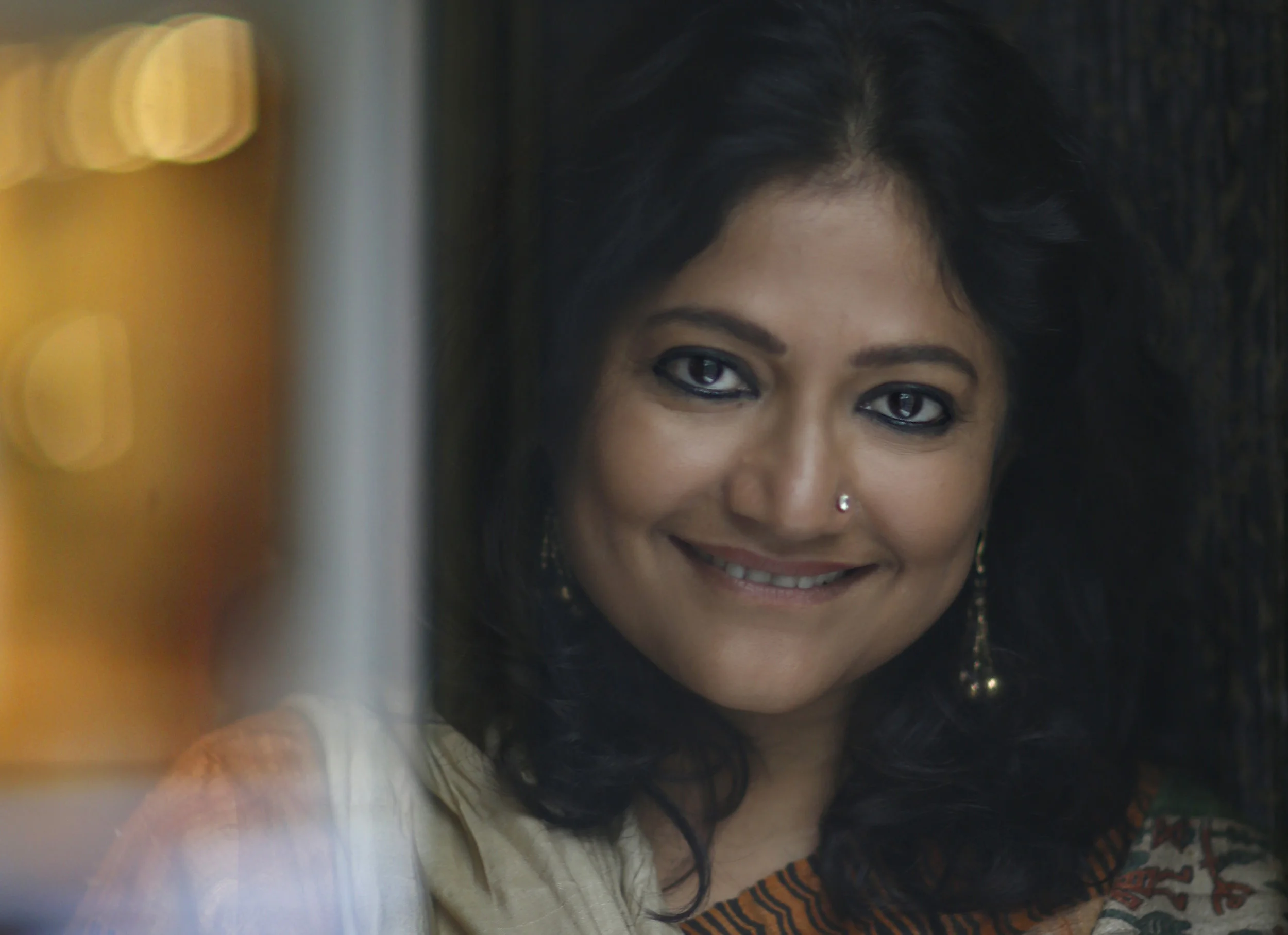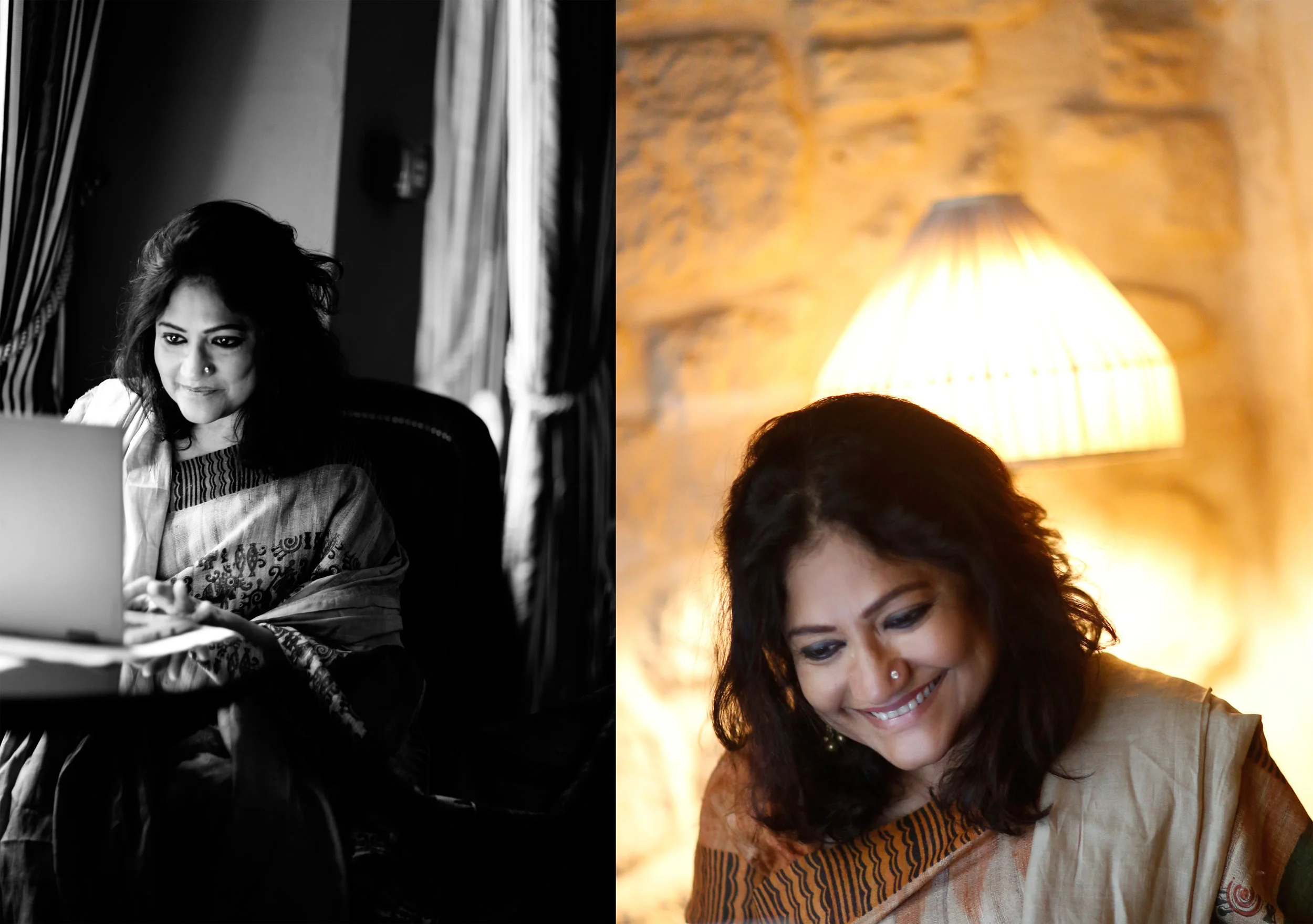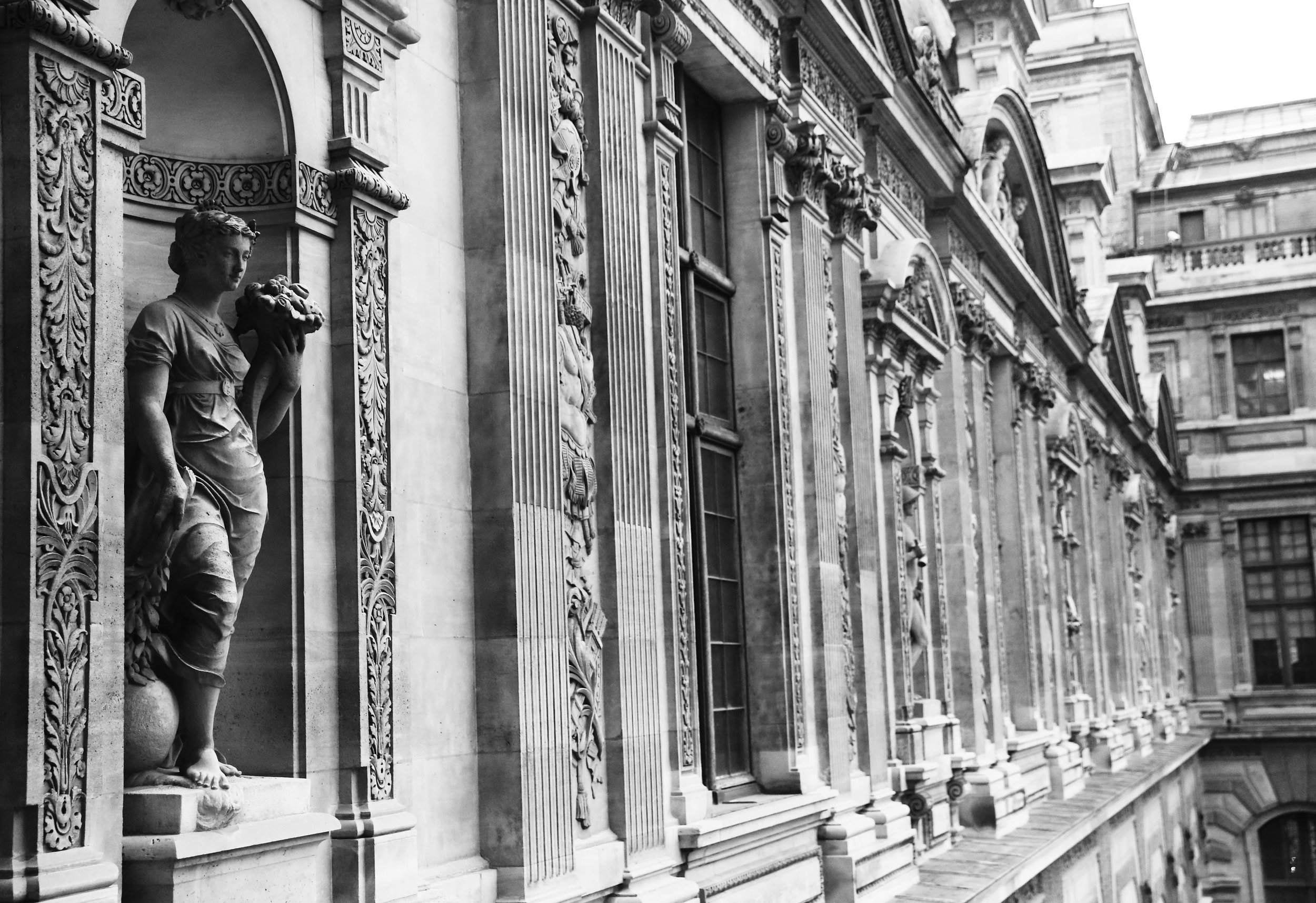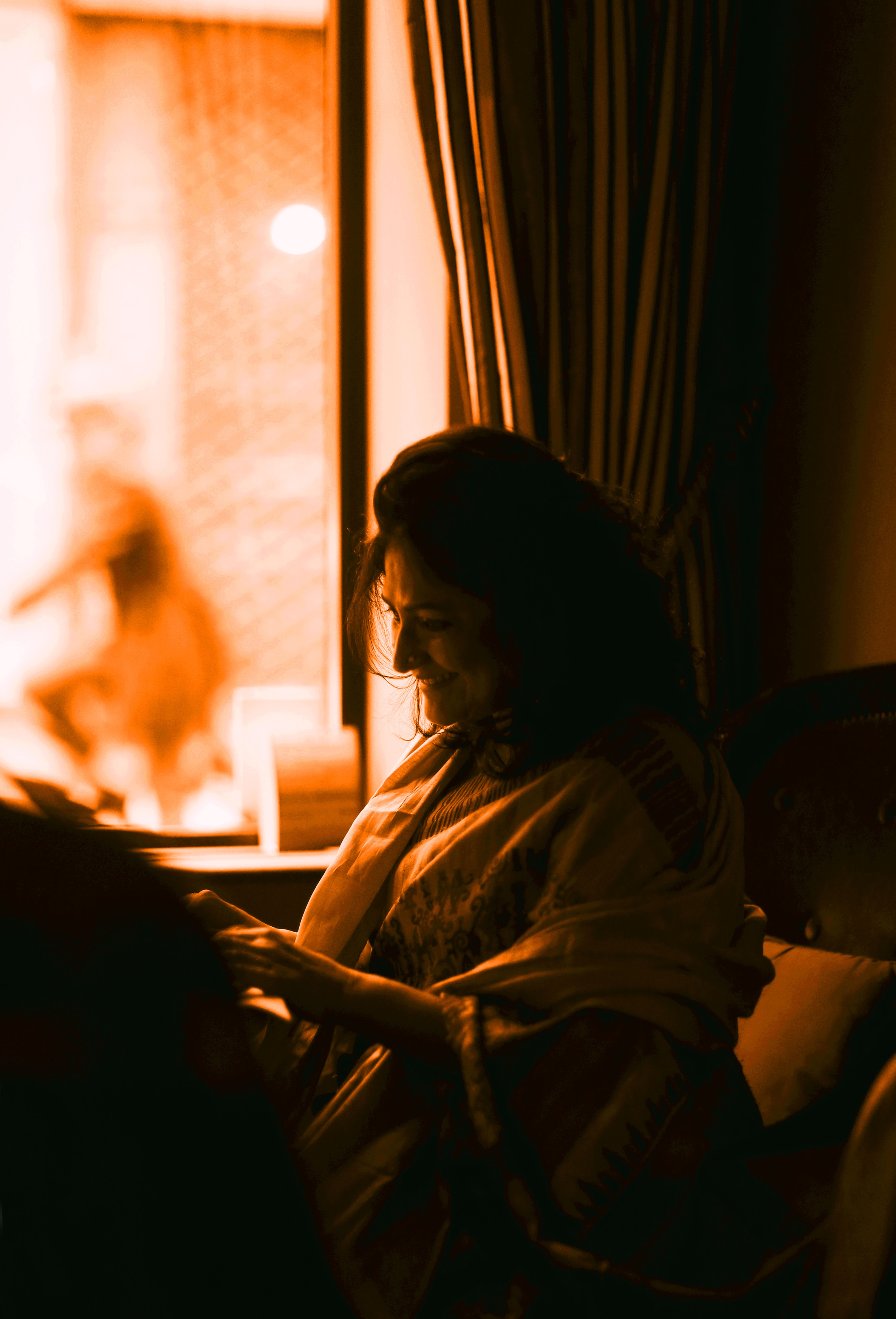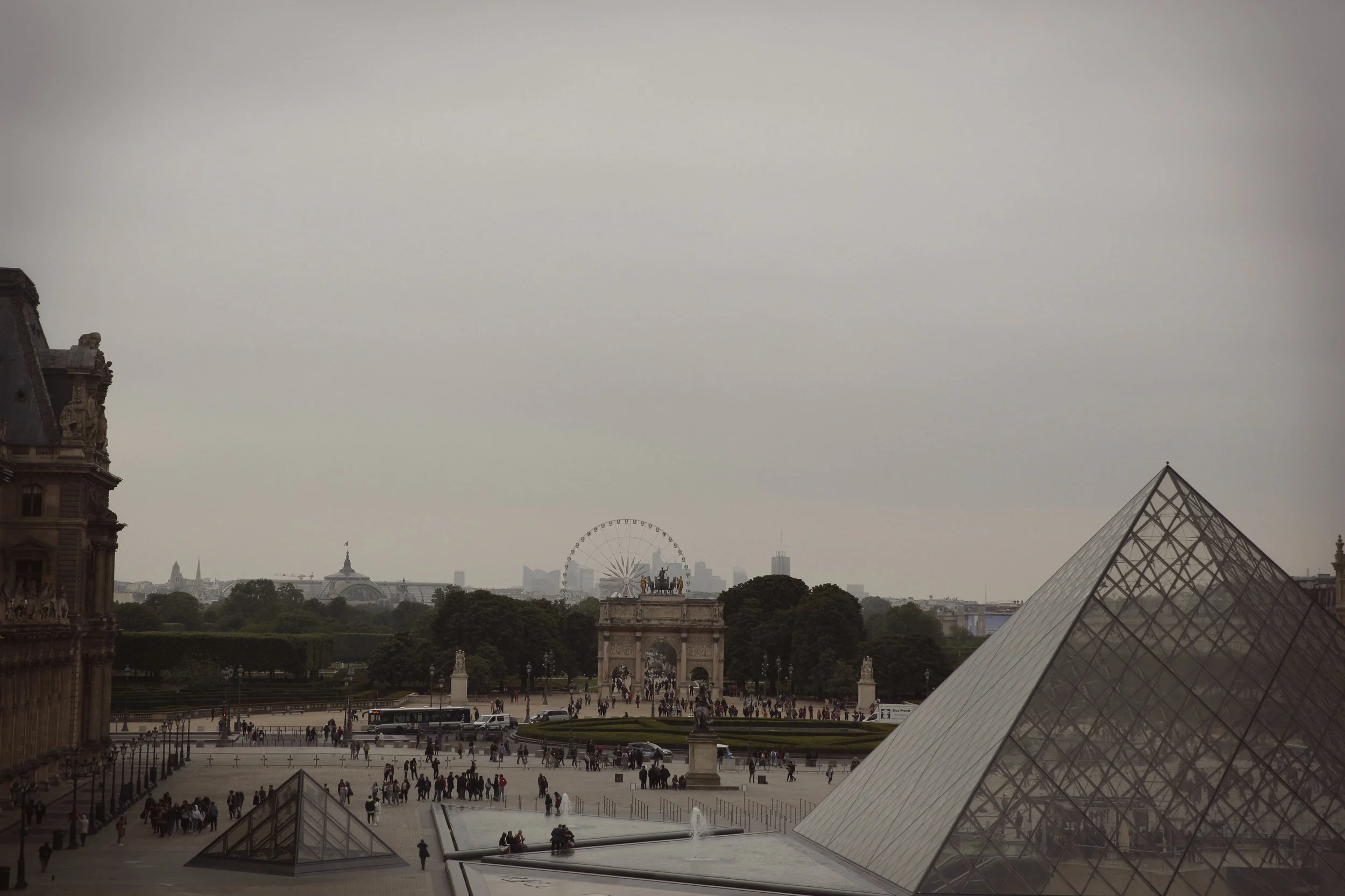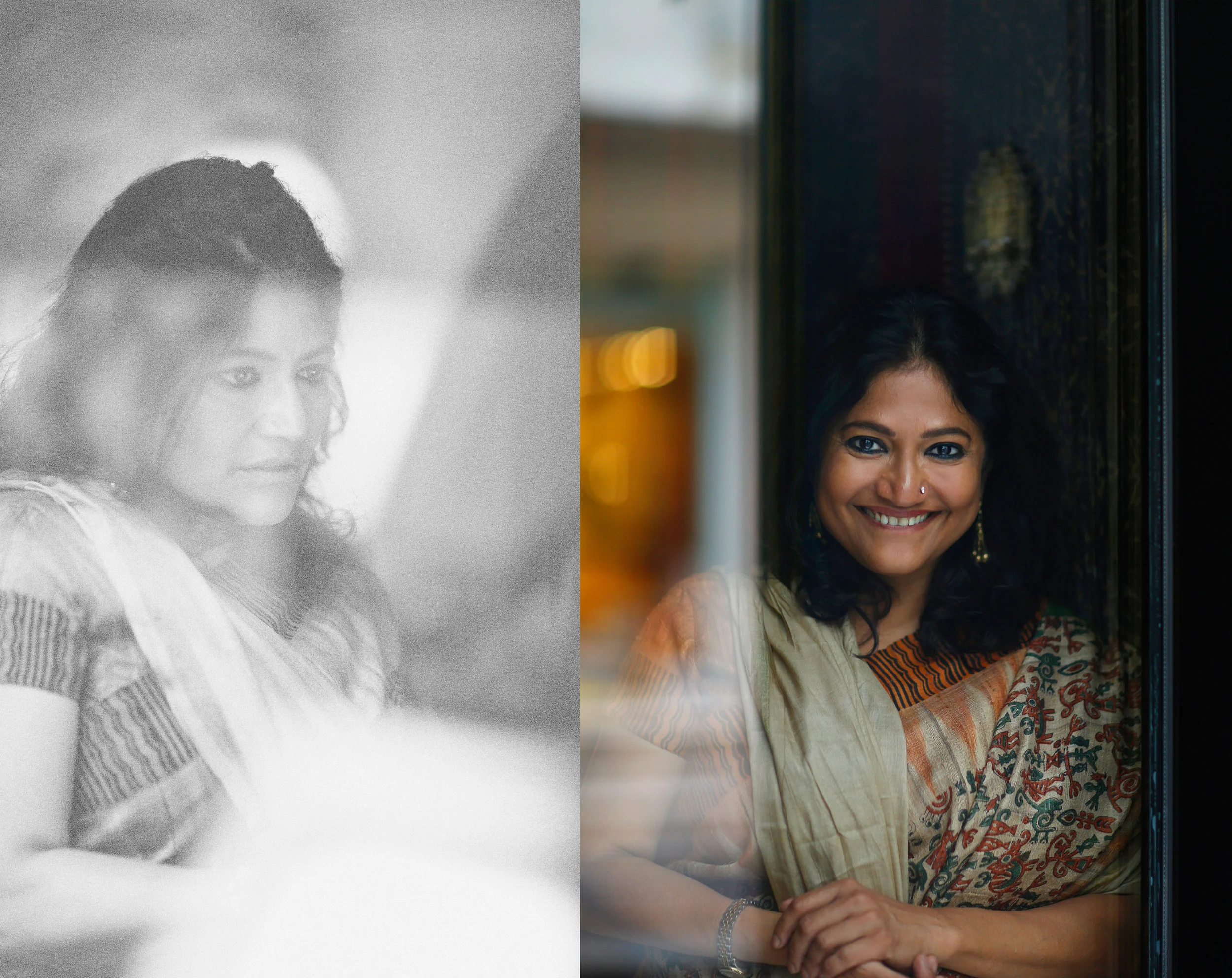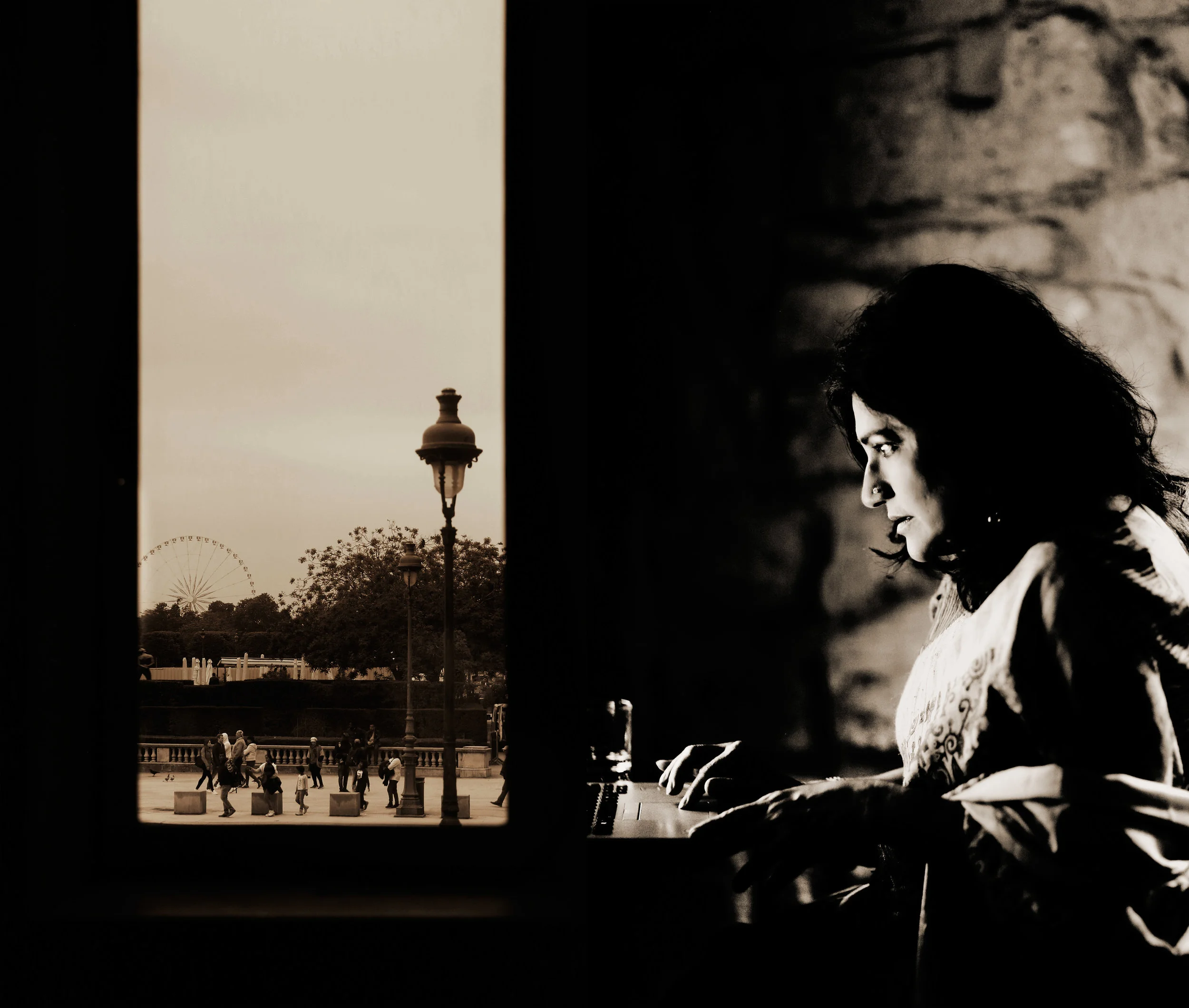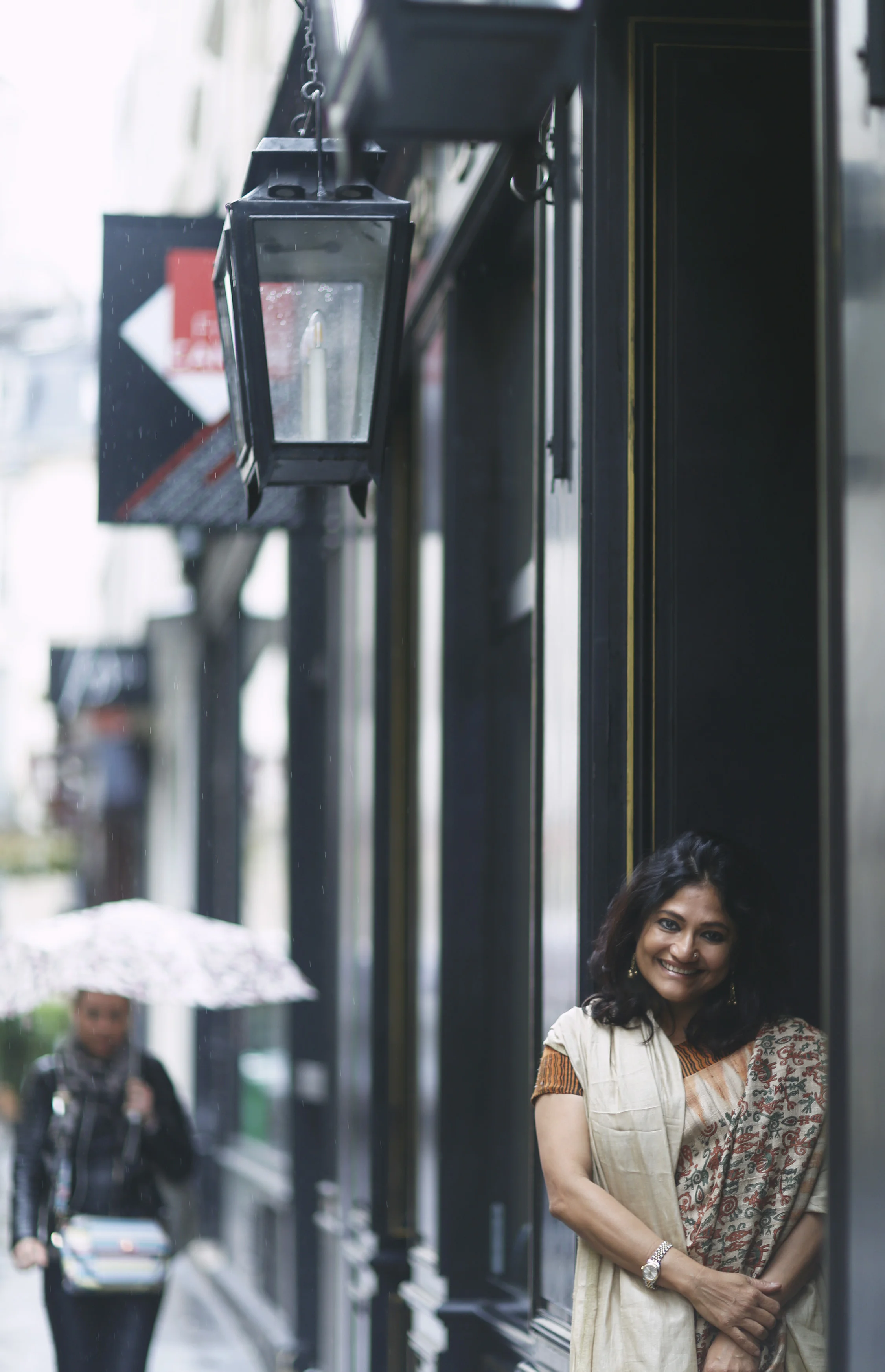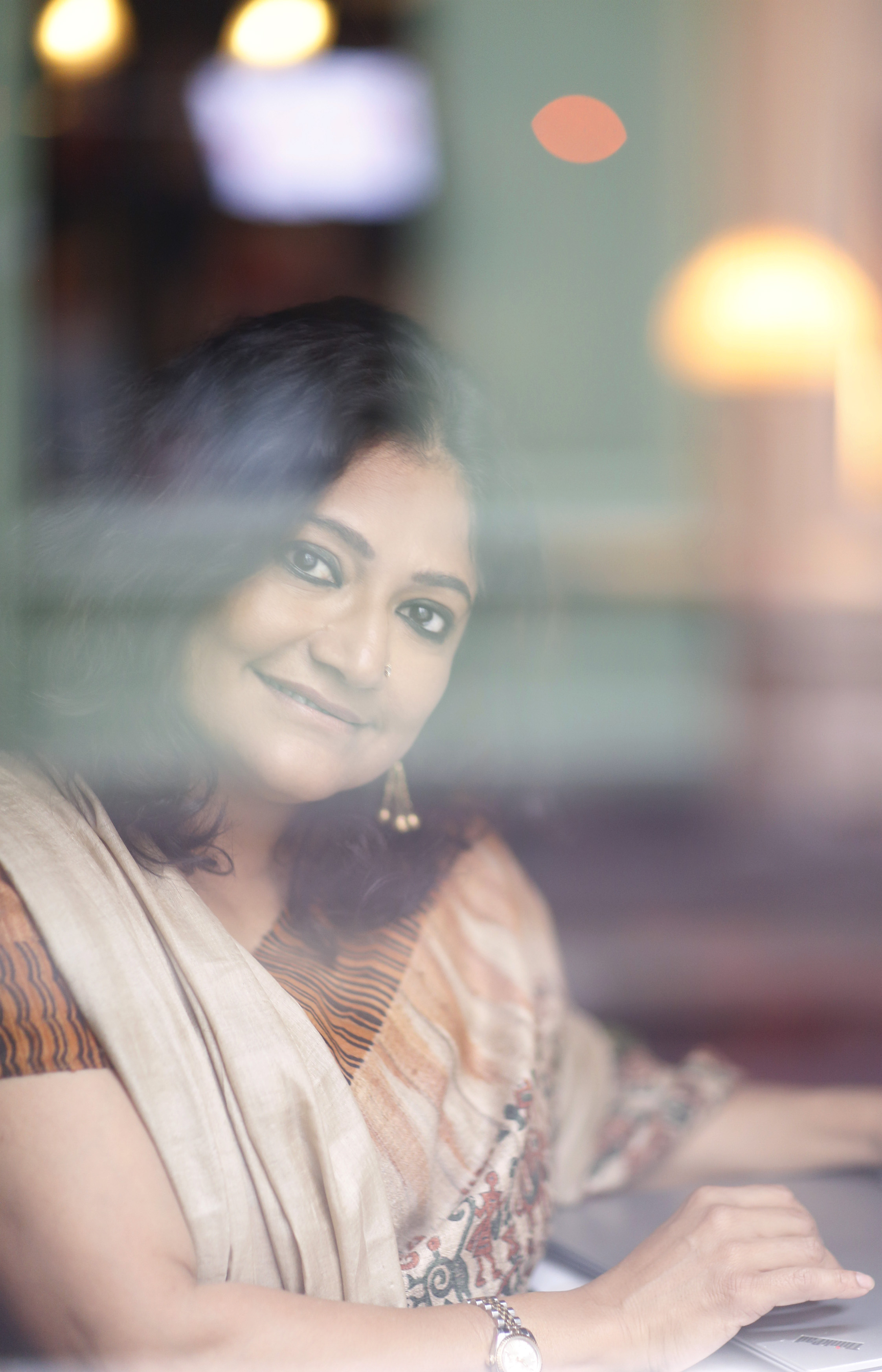Founder, Friendship NGO, Leader, Educator, Entrepreneur, Cultural Envoy, Paris, France
Bangladesh's great river system is the country's principal resource and its greatest hazard. Even without a cyclone in the area, the Bangladeshi coast is often inundated by extremely heavy rainfall during the South Asian monsoon. Flooding of the five large river systems during the monsoon season causes enormous hardship and hinders development, but fresh deposits of rich silt replenish the fertile but overworked soil (Ganga–Brahmaputra rivers alone contribute nearly 1,000 million tons of sediment per year). The rivers also drain excess monsoon rainfall into the Bay of Bengal.
As a result estuaries on the Bay of Bengal are known for their many fertile, but constantly shifting, silt islands. These islands are called chars (meaning 'island' in Bangladeshi) and they have a tidal range as high as 6 meters, which means that a strong cyclone during a high tide period would likely leave the entire island submerged. The chars are extremely vulnerable to both erosion and flood hazards. In the dynamics of erosion these sandbars emerging as islands within the river channel often create new opportunities to establish new settlements and pursue agricultural activities. The populations on these islands are extremely difficult to access and are often transient.
People displaced by char erosion have no other alternative than to settle on accreting char land elsewhere. The economics of the char lands are largely based on agriculture, fishing and livestock‐rearing. Education, health and extension services and support to cope with the calamities of flood and erosion are minimal. This not only results in individual misery, but also in unrealized potential of resources on the chars.
In order to reach these communities of 4-5 million Bangladeshis and help provide them with health care options required much determination, innovation, creativity and extreme will power. Many said this couldn't be achieved. This was before Runa Khan took the challenge on.
Ganges River Delta, Bangladesh.
source: Wikipedia
Runa Khan is a proud Bangladeshi and a great advocate for her country. Her organization Friendship NGO is tackling an immense problem in Bangladesh, that of providing healthcare to the most remote communities living in the country's hardest to reach networks of islands, chars. Ms. Khan's vision and initiative first put into practice the concept of a floating hospital providing primary and secondary healthcare to people in remote chars and districts where none was available. That model has now become a success story among the models of healthcare provision for the underprivileged in Bangladesh. In the near future, Ms. Khan hopes to ensure that the government of Bangladesh can replicate the boat hospital structure and work in partnership with the clinics on-land as well as schools and other local communities.
I was able to speak with Ms. Khan in Paris, as she was on her way from the US to Bangladesh. I am humbled and inspired by her attitude toward a challenge. After all, this is an author of eight books, and before moving into the NGO sector, Runa engaged in variety of other activities, such as teaching, writing textbooks (she was awarded Ashoka Fellowship for innovative teaching methodology) and children story books, setting up a fashion house, a security firm, and Contic (a tourism company which offers others a chance to explore Bangladesh on authentic wooden boats, marvels of ancient technology of the carpenters of Bengal, that not only give life to a fading tradition of the ancient river boat capital of the world, but also provide an ecologically sound way to discover the natural sights of Bangladesh) and many others. Please enjoy and appreciate the embodiment of strength and kindness that is Runa Khan.
1. Name
Runa Khan.
2. Where is your hometown?
Korotia, Tangail, Bangladesh.
3. What is your profession/career/title/self-label/designation?
I am the Founder and Executive Director of Friendship, an NGO reaching out to remote communities of Bangladesh. I also founded Friendship International which is based in Luxembourg. Friendship is providing services such as health, education, good governance, economic development and disaster management through an integrated development model to the marginalized people of the riverine islands of Bangladesh.
4. What was the journey like to get where you are (in life and career wise)? What are some accomplishments you’re most proud of?
My journey has been full of experiences with thoughts and lessons, ensuring that bad experiences or disappointments do not take my heart and soul towards decisions based on them. Throughout my journey I have always tried to keep my philosophy and goals in life positive and make decisions based on good conscience and not guilt. These helped me to ensure that I could give to the people without wanting something back in return.
I am most proud of my children; my 3 sons and Friendship. I am proud of the people I work with at Friendship. And, also the fact that the beneficiaries are happy, and we can actually make differences in their lives. This for me is most important.
5. What did you study in school?
I studied Geography which, as it turned out, is very different from my present line of work.
6. How is your life different from what you pictured at 20?
I had always I wanted to do something for the people of Bangladesh since I was just a child. And that desire grew into helping the people who did not have opportunities. My goal and purpose in my life has always been the same. I wanted to become a lawyer at one point around the age of 17 or 18 thinking I might be able to help them by providing legal services. Even though my life has changed in many dimensions from when I was 20 and had been sheltered within a bubble, my vision to help the people in life remained the same. Be it at 20, or at 40 I lived with the same purpose in life.
7. What was your biggest disappointment and plan to overcome it?
There had been disappointments in my personal life. I had been married and it did not work out. Having said that, I am ever so grateful for the children I have, and my decisions have led to me to where I am with them and my work. So, I really do not have any need to overcome that.
8. Advice for other women?
Believe in yourself. Do not compromise on what your heart tells you, or to do the right thing. And, in the context of marriage or relationship, do not sell yourself short. Do not let external forces make your decisions. Do not choose a partner due to your insecurities. This is extremely important. If you do not respect yourself enough, it very difficult to have your spouse (or others) show that respect for you.
9. Knowing what we know now in current political climate, can women be "all that we can be" in today's world? What is the way forward, as you see it for "feminist values"?
I believe women can be much more than what we are today. Given the current political climate, not only in Bangladesh but also the western world, women are facing the same kind of issues. I believe the biggest obstacle for women is the deep disrespect among many communities and individuals. These people feel that women cannot be just as good as men or earn as much as them and eventually lead to condescension.
We need to have respect for each other. Feminist values cannot be built on negativity. If you are building a value based on negativity by putting a man down that is not defined as value for me. You need to have the same respect for men, to have it reciprocate towards you.
Feminist values firstly, need to be humane values, not based on negative impact that comes out of them, and feminist values need to be based on goodness.
10. Where in the world do you feel “tallest” (i.e. where is your happy place)?
I feel the tallest when I am working with all my people at Friendship, both in Bangladesh and International, and seeing my children smile.
And, also when speaking to my father. He has always been my philosophical and spiritual guide.
11. What extra-curricular activities/hobbies are you most proud of? Why?
I love writing, designing and listening to music.
12. What do you want to be when you grow up? Future goals/challenges?
This really does not apply for me, so I will structure the answer as a question of what I want to do when I will retire. I want to write books and travel and be with my children more.
13. What fears are you still hoping to overcome?
Every time you achieve something, you are overwhelmed and overcome with how so much still needs to be done. My fear is all about Friendship. It is like a child in its adolescence. I cannot leave it in a state where it cannot continue or sustain by itself. In addition, finding a good fit for a successor is also a challenge.
14. Anything you'd do differently if you had another go at life?
I wish I could have given my children more time when they were younger. I hardly saw them grow up. That is a serious regret in my life. And, also maybe I would have liked to complete my higher education.
15. What inspires you?
Human beings inspire me at all levels. Even the people who have nothing inspire me to do something for them which gives me a feeling of responsibility. And people like Nelson Mandela and Mother Teresa who had that strength to make a change. I take my inspirations from both sides of spectrum. I draw my strength from them and I pray that God makes me a medium to help those individuals in need even if my input can make even the smallest contribution towards change for a better life.
16. What are you hopeful about?
I am hopeful about youth of today. I believe in their strength as the leaders of tomorrow. With their characteristics of persistence and faith, we can hope for a better world through their achievements.
17. What are some ingredients to a good life?
One ingredient to a good life is having peace around you. Do not do things against your conscience which will not allow you to sleep at night. Believe in simplicity of life, have some spirituality, philosophical and ethical bindings. And, of course you need to look after your health.
18. What are you reading now? (what books do you gift most and what are your favourite reads?)
I am very fond of reading philosophical books. And of course, novels about detectives, science fiction and fantasy. The books I mostly gift are Siddhartha by Hermann Hesse and Le Petit Prince by Antoine de Saint-Exupéry which are my favourite.
19. Who is a WOW Woman in your world who inspires you and why? Can you nominate three women you know who perfectly fit WOW WOMAN description?
All of my work is based on inspiration drawn from Mother Teresa and how she devoted herself for the lives of others.
Three women for WOW WOMAN nominations are:
- Michelle Obama
- HRH Princess Esmeralda of Belgium
- Dorothee ter Kulve who is the Chair of Friendship Netherlands
20. Where can others find you/your work (links to websites, blogs, etc.)?
Some links to my organization website, interviews, articles and videos:
- Friendship Website
- Dhaka Tribune- 'People can live with poverty, but they cannot live without dignity and hope'
- AsiaBiz Today- ‘Filling in long term solutions for deep developmental Issues’:
- Alternatives Humanitaires- ‘New models of working and partnership in development: the example of Friendship, a Bangladeshi organisation’:
- Dhaka Tribune- ‘Empower women by nurturing dignity’:
- Friendship Overview: watch video.
- Runa Khan and the People of Chars.
- Runa's interview - FRANCE - #HUMAN
- National Geographic - Anchoring Bangladesh's Ancient Boatbuilding Technology
- Documentary: Dexter's Michael C. Hall visits Friendship’s Hospital ship:
- EXTRATTITUDE: An Interview of Runa Khan on Friendship’s work

